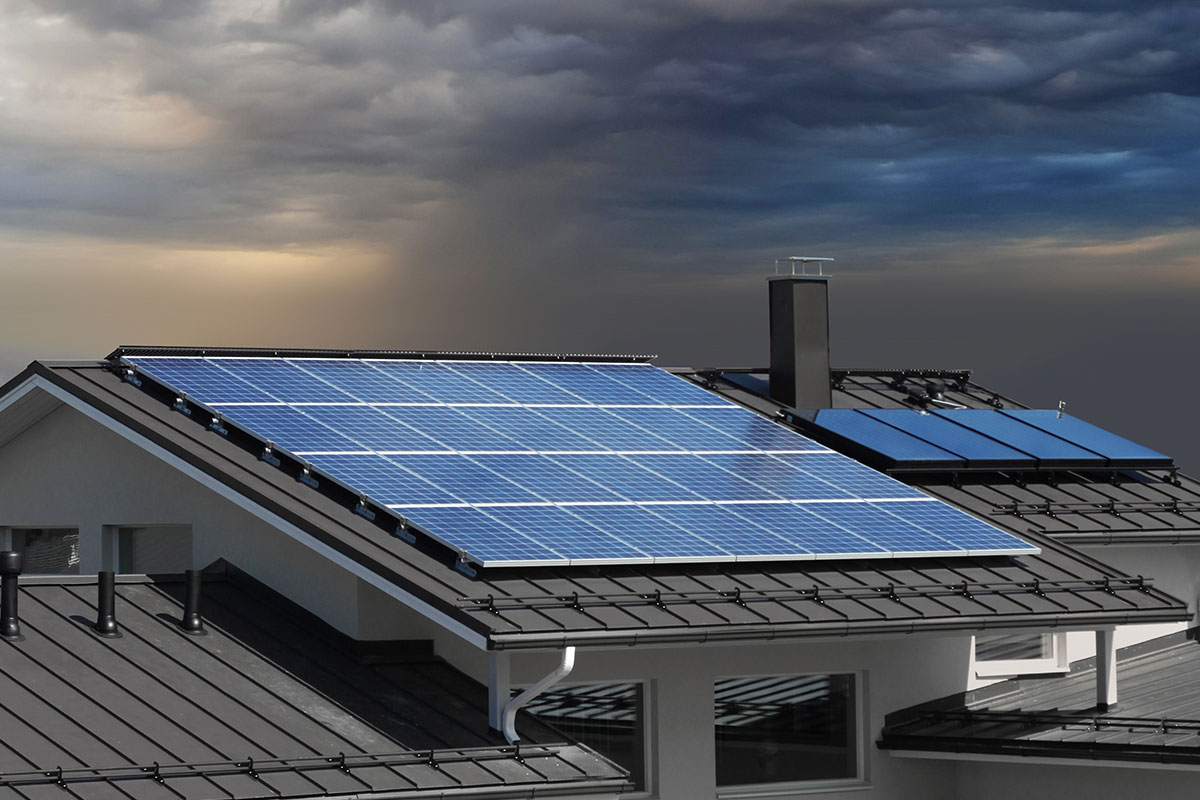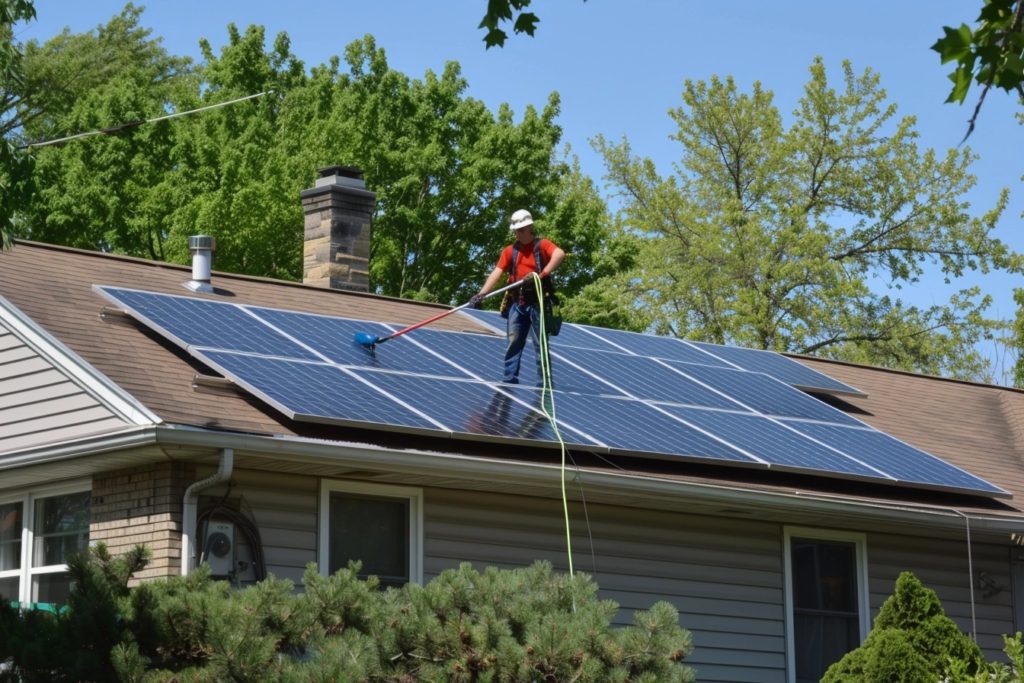Because solar panels produce energy from direct sunlight, it’s pretty obvious that your residential solar system will typically produce more electricity in the summer than it will in the winter. However, there’s quite a bit more to it than you might think, and understanding seasonal solar panel performance can increase your household’s solar savings. Let’s discuss the many ways the seasons affect your energy output and how you can take advantage of them.
Solar Panels Work Best in the Summer Months
Why do solar panels work better in the summer? The longer days certainly help, as your solar panels receive sunlight for more total hours per day than they do in the winter. Furthermore, the angle of the sun provides additional solar panel savings in the summer because the sun’s rays are stronger when it’s directly overhead, as opposed to the lower angle of sunlight in the winter months. This also helps explain why a solar system in Orlando, FL will usually generate more energy per year than the same exact system in Baltimore, MD.
It can be surprising to analyze how much more production you get from your residential solar system during the summer as opposed to the winter. While exact energy levels can fluctuate significantly based on the size and style of your solar system, the age and quality of your solar panels, your location, and daily weather patterns, you can generally expect your system to generate up to 50% more energy in the middle of the summer compared to the dead of winter.
Two-Thirds of Energy Output for the Year Are Generated During This Time
In fact, if you split up the year into two equivalent six-month portions — with the “summer” half running from mid-March through mid-September and the “winter” half stretching from September back into March — nearly two-thirds of all energy output for the entire year is generated during the summer half. Of course, these statistics can also vary quite a bit depending on where you live.
If your residential solar system is located in a sunny city like San Diego, CA, or Phoenix, AZ, you might not notice nearly as much of a seasonal difference as a similar system in North Dakota would experience. Furthermore, some areas (like the majority of the American West) receive most of their rain in the winter, while others (like the Southeast) experience rainy summers. In other words, how solar panels work in the rainy season (and when that season occurs) also plays a part.
Electricity Usage Impacts Seasonal Solar Performance
Electricity usage is another factor that affects seasonal solar panel performance. Some people use more energy in the winter, especially if your home has electric heat instead of gas heat. Other people have higher energy usage in the summer when the air conditioning is cranked up to keep their homes cool. Depending on your specific electricity usage tendencies, your solar energy savings can vary between seasons.
Thankfully, there are solutions to all of these issues. The best way to ensure you have plenty of energy to power your home regardless of weather and climate concerns is to add a solar battery to your residential solar system. With a solar battery, you can store energy generated during peak production months and use it when your system’s output decreases. Solar batteries are a great way to maximize your solar savings and avoid purchasing supplemental energy from your utility provider.
Questions?
Do you have further questions about how seasonality affects your solar panel savings? Feel free to contact one of our LGCY Power representatives at your convenience. Our expert team members can assist you to determine how much of an effect the seasons will have on a solar system at your home and help you choose the perfect solar panels for your house. Understanding how energy production levels can fluctuate during different parts of the year can help you make the most of your solar energy savings, so give us a call today!





